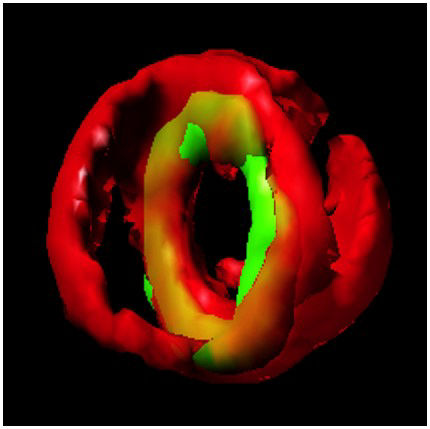Research
Our Research

Regulation of cell division in Bacillus subtilis
Using Bacillus subtilis as a model organism, we are investigating how bacterial cells (without the help of a ruler) are able to divide symmetrically through binary fission.
Asymmetric division site selection in Bacillus subtilis
Endospore formation (sporulation) in Bacillus subtilis is an example of bacterial cell differentiation process - where the progeny appears nothing like the parental cell even though the genetic makeup of the two cells are identical.
Cell division regulation in Staphyloccocus aureus
Staphylococcus aureus is a Gram-positive, versatile, opportunistic pathogen. Understandably, most S. aureus research has been aimed towards studying virulence factors, antibiotic-resistance mechanisms, and biofilm formation.